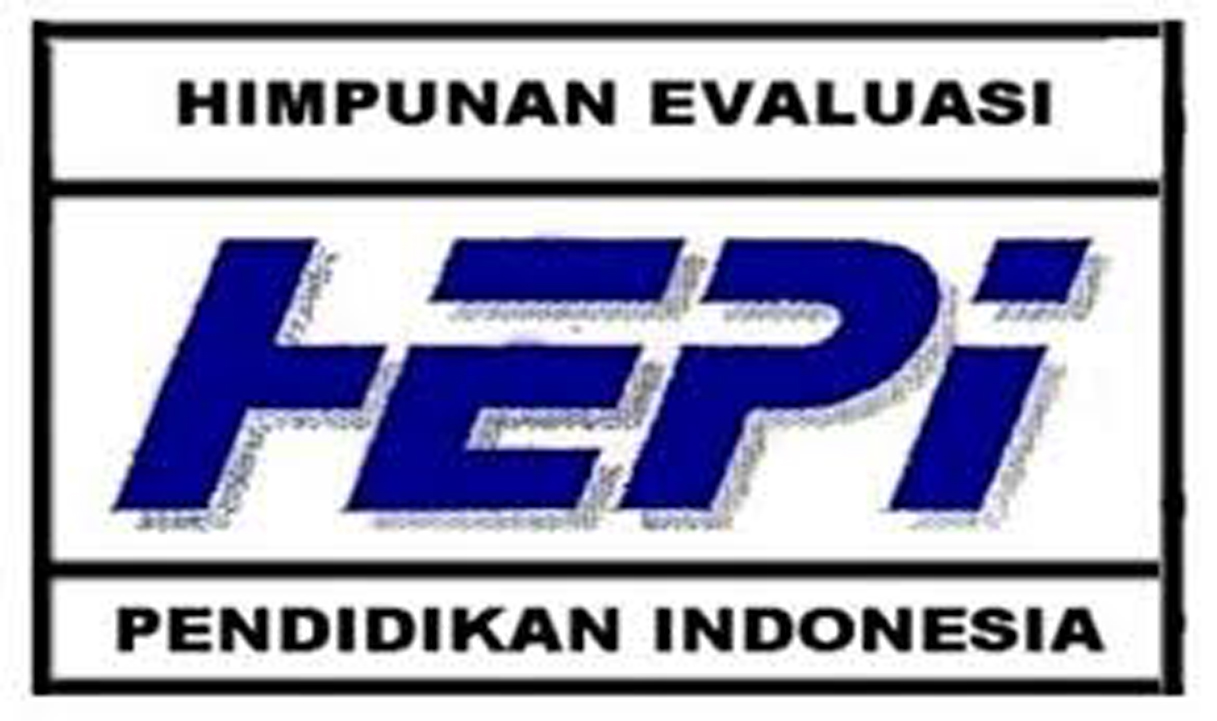EVALUASI PROGRAM PENGAWAS SMA NEGERI DI KOTA MAKASSAR
(1) SMA Negeri 5 Makassar
(*) Corresponding Author
Abstract
Keywords
Full Text:
PDFReferences
Arikunto, Suharsimi, 2003. Dasar-dasar evaluasi Pendidikan. Jakarta: PT.Bumi Aksara.
Arikunto, Suharsimi dan Cepi Safruddin Abdul Jabar, 2009. Evaluasi Program Pendidikan: Pedoman Teoretis praktis bagi mahasiswa dan Praktisi Pendidikan.Jakarta: PT.Bumi Aksara.
B. Laura, C.M. Carper, & W. Virginia, 2011. The Sociology of Educational Supervision and Evaluation: Journal of Cross-Disciplinary Perspectives in Education Vol. 4, No 1 (24-33).
C. Fritz, 2003. Supervisory Options for Instructional Leaders in Education. Journal of Leadership Education, Volume 2, Issue 2.
Djaali, Puji Mulyono & Ramli, 2000. Pengukuran dalam Bidang Pendidikan. Jakarta: PPs UNJ.
Djemari, Mardapi, 2008. Teknik Penyusunan Instrumen Tes dan Nontes. Yogyakarta: Mitra Cendikia.
Mantja W, 2001. Organisasi dan Hubungan Kerja Pengawas Pendidikan. Makalah disampaikan dalam Rapat Konsultasi Pengawasan antara Inspektorat Jenderal Departemen Pendidikan Nasional dengan Badan Pengawasan Daerah di Solo, Solo,tanggal 24 - 28 September.
M, A. Muliati, 2008. ”Evaluasi Program Pendidikan Sistem Ganda (PSG). Suatu Penelitian Evaluatif Berdasarkan Stake’s Countenance Model Mengenai Program Pendidikan sistem Ganda pada sebuah SMK di Sulawesi Selatan.” Disertasi .Tidak diterbitkan. Jakarta: Program Pasca Sarjana Universitas Negeri Jakarta
Moleong, Lexy J, 2000. Metodologi Penelitian Kualitatif. Jakarta: PT.Remaja Rosdakarya.
Pandong, A, 2003. Tugas Pokok dan Fungsi Pengawas. Badan Diklat Depdagri & Diklat Depdiknas.
Peraturan Menteri Pendidikan Nasional Nomor: 12 Tahun 2007 Tentang Standar Pengawas Sekolah/Madrasah.
Peraturan Menteri Negara Pendayagunaan Aparatur Negara dan Reformasi Birokrasi Nomor: 21 Tahun 2010 Tentang Jabatan Fungsiopnal Pengawas Sekolah dan Angka Kreditnya.
Peraturan Menteri Pendidikan Nasional Nomor: 28 Tahun 2010 Tentang Penugasan Guru Sebagai Kepala Sekolah/Madrasah.
Peraturan Pemerintah Nomor: 19 Tahun 2005 Tentang Standar Nasional Pendidikan.
Peraturan Pemerintah Nomor: 74 Tahun 2008 Tentang Guru
Putra, Nusa, 2011. Penelitian Kualitatif: Proses dan Aplikasi. Jakarta: PT.Indeks
Robins, S.P,1984. Management: Concepts and Practices. Englewood Cliffs: Prentice-Hall.
Ruslan, 2009. Validasi isi, Buletin Pa’biritta No. 10 Tahun IV, 18-19, September
Sahertian, P.A.,1987. Prinsip dan Teknik Supervisi Pendidikan.Surabaya: Usaha Nasional.
Sudaryono, 2012. Dasar-dasar Evaluasi pendidikan. Yogyakarta: Graha Ilmu
Sudjana,Nana.,Rahmat.,Tita Lestari., Endang Abutarya., Daliman Sofyan., Darwis., M.Thayeb., Kahar Yoes, dkk, 2011. Buku Kerja Pengawas Sekolah. Jakarta: Pusat Pengembangan Tenaga Kependidikan, Badan PSDM dan PMP Kementerian Pendidikan Nasional.
Sudjana, Nana, 2001. Penilaian Hasil Proses Belajar Mengajar. Bandung: PT. Remaja Rosdakarya.
Sudjana, Nana, 2012. Pengawas dan Kepengawasan: Memahami Tugas pokok, fungsi, peran dan tanggung Jawab Pengawas Sekolah. Cikarang Bekasi: Binamitra Publishing.
Sudjana, Nana, 2012. Supervisi Pendidikan: Konsep dan Aplikasinya Bagi Pengawas Sekolah. Cikarang Bekasi: Binamitra Publishing.
S. Susan & G. Jeffrey, 2000. Alternative Approaches to Supervision: Cases from the Field. Journal of Curriculum and Supervision. Volume 15. Number 3 (212-235).
S.Nasution, 2003. Metode Penelitian Naturalistik Kualitatif. Bandung: Tarsito.
Tayibnapis, Farida Yusuf, 2000. Evaluasi Program. Jakarta: PT. Rineka Cipta.
Tayibnapis, Farida Yusuf, 2008. Evaluasi Program dan Instrumen Evaluasi untuk Program Pendidikan danPenelitian. Jakarta: PT. Rineka Cipta.
Tjetjep Rohendi Rohidi, 1992. Analisis data kualitatif, Terjemahan. Jakarta: Universitas Indonesia.
Widoyoko, S. Eko Putro,2012. Evaluasi Program Pembelajaran: Panduan Praktis Bagi Pendidik dan Calon Pendidik.Yogyakarta: Pustaka Pelajar.
Wirawan, 2009. Evaluasi Kinerja sumber daya Manusia: Teori, Aplikasi, dan Penelitian. Jakarta: Salemba Empat.
Article Metrics
Abstract view : 580 times | PDF view : 139 timesRefbacks
- There are currently no refbacks.




